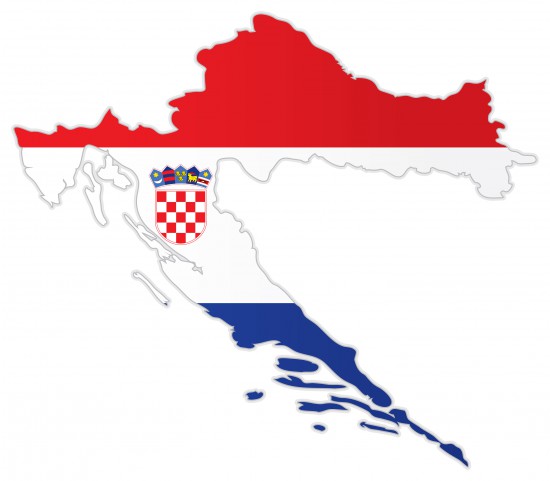Croatia Probes Origin of 225 Million Euro in Savings
The Croatian authorities have given 14 Croatian citizens ten days to prove the origin of 225 million euro in savings, deposited in foreign bank accounts.
Croatia’s tax administration and Office for the suppression of corruption and organised crime, USKOK, has given 14 people holding the 20 largest accounts in banks in 19 EU countries ten days to state the origin of the money and confirm if it was taxed.
Around 225 million euro are deposited in the 20 accounts, on which the owners received 6.6 million euro in interest in 2014.
The authorities are sceptical about whether some of account holders could have deposited such sums, having in mind their legally declared incomes and salaries.
Over the ten days, the owners will have to prove if the money was inherited or borrowed. If the account holders cannot prove where the money came from, the Croatian state will tax them at a rate of 40 per cent.
It is possible that some accounts were opened by others who have stolen the identity of names on the acounts through fake documents.
Earlier this month, the tax administration dealt with a case of pensioner whose identity was stolen and in whose name a savings account holding 92.6 million euro had been opened.
Finance Minister Boris Lalovac in April warned about these accounts, saying that some of them hold “billions of Croatian kuna”, using “legal loopholes” not to pay taxes.
The International Consortium of Investigative Journalism, ICIJ, involving journalists from the BBC, the Guardian and Le Monde in February revealed that 30,000 secret accounts had been opened in the Swiss branch of HSBC bank, holding a total of 105 billion euro.
After the government founded out that 37 clients from Croatia held 77 accounts worth approximately 29.5 million euro, it stated that they would be identified.
However, the Swiss authorities in April declined to send any information to Croatia on the HSBC account holders and demanded that the Croatian authorities submit a list with concrete names and the reasons for which information on their accounts was needed.
Balkan Insight May 12, 2015

